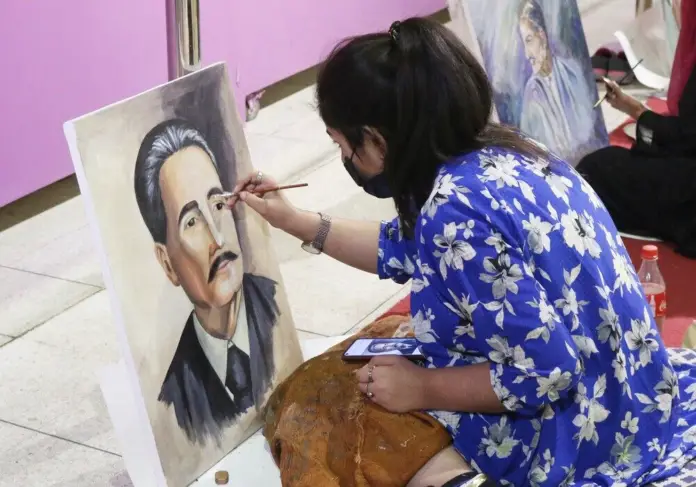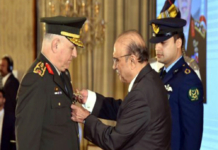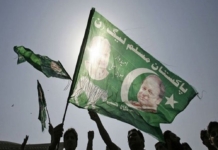Allama Muhammad Iqbal – often referred to as the Poet of the East – was born on November 9, 1877.
Iqbal set a new trend of Urdu poetry and his poems serve as an inspiration for the youth.
Iqbal had a vision, and he translated that into reality. He was the founder of the Two-Nation Theory, which highlights that the Muslims are a separate and distinct nation and thus deserve political independence.
And this henceforth is the real reason behind why we celebrate Iqbal Day.
Festivals are celebrated, but often the purpose and meaning behind the ‘why’ of it are lost somewhere in the humdrum of life.
People today believe in fun, pleasure, glitter and glitz. They just want to celebrate for the sake of celebration, not wanting to address the real question of why we celebrate what we do. We all do need a break from our draconian lives. But isn’t it also imperative to preserve our culture, traditions, values and norms which are gradually fading with passing time?
It is now the beginning of a new era, an era of information technology. The digital era is swiftly replacing the book reading culture with the internet. No longer do people read a newspaper or books. Google is the new trend.
In today’s world where everyone is in a rat race, we do not have heroes and ideals.
In the olden days, we had true leaders. Their ability to motivate a group of people to achieve the desired goal defines a true leader. A leader cares for his employees and allows them to grow. Concerning this definition, Allama Iqbal is a glaring example of the definition of a hero. His struggle and accomplishments are simply unparalleled.
Not only did Iqbal dream of Pakistan, but he also framed the parameters defining who a Muslim truly is. He urged all Muslims to unite in the struggle for freedom.
Iqbal had read the Holy Quran in a comprehensive and detailed manner. He was the most important Islamic modernist and a source of inspiration for enlightened Islam today. His concept of Islam and the critique of the West were based on the philosophy of the self or khudi, love and intuition. Iqbal’s philosophy is convoluted and difficult to grasp, but the crux of it lies in the heart of the Quran. He sifts through the Quran delving deep into it, scrutinising it to create his poetry, pregnant with insight and meaning that is almost ethereal.
The message Iqbal conveys for the Muslim Ummah is to come together, for in unity lies strength. As goes the proverb: ‘United we stand and divided we fall.’
Iqbal was a poet, philosopher and thinker who was endowed with a vision that was way beyond his present time. He was a revolutionary, a futuristic leader. What he accomplished was not ordinary; it was exceptional It was celestial. And it was extraordinary.
Iqbal was not a normal human. He was – and is – a legend. A hero, a victor and a conqueror, Iqbal rightly lives in the hearts of all Muslims.
To conclude, it is incumbent upon us as the followers of Islam to keep Iqbal’s teachings alive. The real spirit and essence of celebrating Iqbal Day lies not in decoration and colourful lighting, but in spreading his message to our youth and the masses. Iqbal laid the foundation and the Muslims now must carry his message forward. We need to come out of the bubble of mirth and ease and focus our attention on the real, pressing issues.
So make a promise to yourself, a promise that you will contribute in any way that you can. It is our responsibility to preserve the teachings of the Poet of the East.







